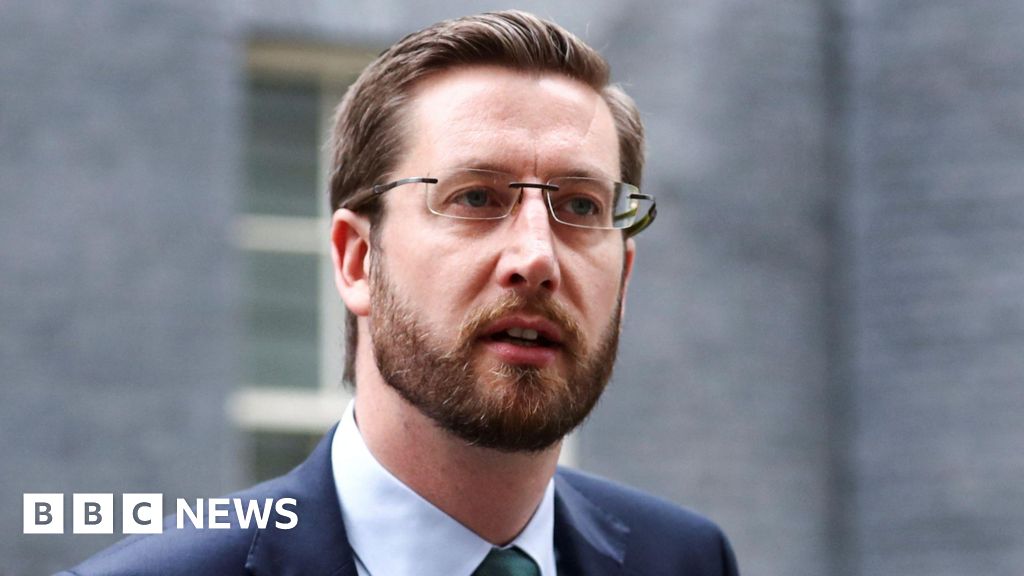Britain’s most senior civil servant has said the previous Conservative government’s failure to hold a spending review in its final years in office has contributed to uncertainty over the public finances.
Cabinet Secretary Simon Case made the claim in a leaked letter, arguing that a spending review would have been the most effective and transparent way of dealing with financial pressures.
Mr Case denied allegations by the Conservatives that the new government’s claims to have inherited an economic “black hole” were bringing the civil service into “disrepute”.
Former Chancellor Jeremy Hunt wrote to Mr Case in July saying it was “deeply troubling” that Rachel Reeves’s claims about the public finances appeared to contradict formal government spending estimates published shortly beforehand.
In his response, which has been leaked to the BBC, Mr Case said the mismatch identified by Mr Hunt was a result of the compressed parliamentary timetable between the sudden general election and the summer.
But then he went further, questioning why the government in which Mr Hunt served had not updated different departments’ budgets since 2021.
“I would also note that the sizeable in-year changes to spending plans in recent years have resulted from the lack of a new Spending Review to replan departmental budgets in the face of significant pressures which have materialised since budgets were set in 2021,” Mr Case wrote.
“By the time the election was called, we were in the final year of the 2021 Spending Review period. The most effective way to transparently identify, quantify and address those pressures would have been to conduct a prompt Spending Review.”
At another point, Mr Case said that “unlike previous years” the current government “has set out to Parliament the pressures that it is having to manage down and the actions it is taking to do so”.
The new chancellor’s claim to have inherited a black hole, and the choices she makes about how to fill it, are likely to dominate politics for the coming months and years.
Mr Hunt was furious with Ms Reeves when she made the claim of a £22bn gap in spending plans in July, accusing her of a “shameless attempt to lay the grounds for tax rises”.
The chancellor and shadow chancellor will face off in the Commons later for the first time since that ill-tempered exchange.
The Conservatives argue they left Labour a growing economy and that if there is a spending gap it is partly generated by the government’s decision to approve recommendations for above-inflation pay rises for public sector workers.
An ally of Mr Hunt said they were unsurprised that the head of the civil service was supporting the current government’s position. The civil service is required to serve the government of the day.
A spokesperson for Mr Hunt told the BBC that Mr Case’s letter in fact vindicated him on the question about what civil servants had previously told Parliament about spending.
The spokesperson said: “This letter raises some serious questions for the government. If the government considers that they have put misleading information before Parliament, why was Parliament not informed in advance when the legislation was laid? The government had plenty of time to tell the House, yet they failed to do so. Why?”
The government needs MPs to vote on and approve its spending plans – which are known as estimates – at regular points during the year.
In his response to Mr Hunt, the cabinet secretary said “preserving the honesty and integrity of the civil service is of the utmost importance”.
Mr Case has been in the role since September 2020 and is now serving his fourth prime minister.
He has at times been an unusually controversial figure, facing scrutiny over his role in the Downing Street parties saga and over messages he exchanged with ministers during the pandemic.
He took a medical leave of absence for a period last year and is widely expected to leave the civil service in the coming months.
A spokesperson for the Cabinet Office said: “We don’t comment on leaks.”

